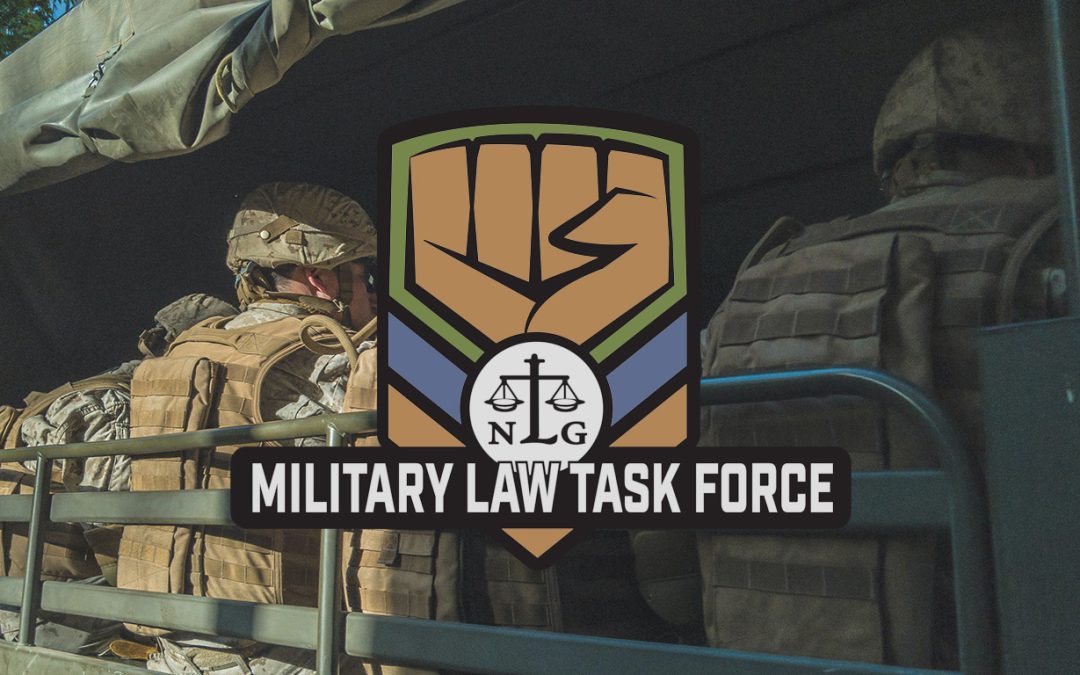BY DAVID GESPASS
Donald Trump has put the issue of battlefield criminal behavior squarely before the world with his pardons of 1st Lt. Clint Lorance and Maj. Matthew Golsteyn and his insuring that Chief Edward Gallagher will retire as a SEAL. It appears that Trump’s decisions were based purely on politics (he is hoping all three will campaign for him in 2020) and many of the comments about the actions, while conceding the president has the authority to so act, question the avoidance of going through appropriate channels. Both sides of this debate, however, are focused on insuring the US military remains the world’s preeminent fighting force.
Defenders of the actions argue that Lorance, Golsteyn and Gallagher did not commit “war crimes,” which imply mass murder (see https://www.foxnews.com/opinion/don–brown–military–men–whogot–trump–clemency–lorance–golsteyn–and–gallagher–are–not–war–criminals), but made split-second battlefield decisions and that second-guessing them hamstrings the ability of “our” warriors to fight. Others simply argue that the duty of the military is to kill people and members should not be prosecuted for doing so. Much of the criticism is that the president should not be involved in individual cases, particularly when doing so disrupts to ordinary chain of command.
There has also been criticism that Trump’s actions cede the supposed “moral high ground” that the US enjoys (see https://www.washingtonpost.com/politics/2019/11/17/trumps–pardon–two–formerarmy–officers–has–sparked–new–controversy–heres–why/). In light of the threat to arrest members of the International Court of Justice who prosecute US citizens, one might question whether the US does enjoy such status, but that is a bit beside the point.
Trump’s actions are not entirely unprecedented. Richard Nixon released Lt. William Calley from prison and allowed him to serve his sentence in relative freedom on a military base. Calley, it should be recalled, was convicted of mass murder. At the same time, Nixon did not issue a pardon and Calley remained convicted. This distinction is, at best, one of degree.
What is perhaps most significant about the entire debate is the presumption – sometimes implicit and often explicit – that the United States is autonomous and fully capable of determining how best to discipline, or not, its troops. The concept of “American exceptionalism” that all embrace is that the US need not answer to any authority but its own. That was why it refused to ratify the Rome treaty and does not consent to the jurisdiction of the International Criminal Court (ICC). That is why it forced other countries to agree not to allow US nationals to be taken into custody to face charges before the ICC. It is worth recalling that the ICC can only exercise jurisdiction when a particular country is unwilling or unable to prosecute crimes constituting violation of human rights or humanitarian law, particularly including crimes for violations of the law of war. If it were not clear before, Donald Trump has confirmed that the US is unwilling to hold its military accountable and refuses to allow anyone else to do so. With troops stationed around the world, with drones capable of attacking remotely anywhere in the world, and with its forces actively fighting in several countries, American exceptionalism is starkly revealed as American impunity and any claim it makes that others are violating human rights and international law rings as hollow as a church bell without a clapper.



